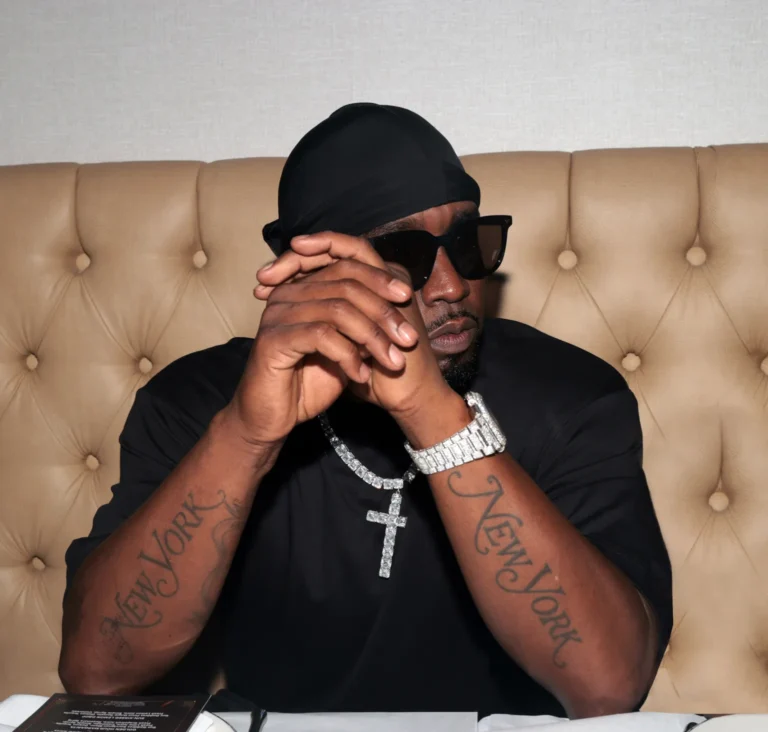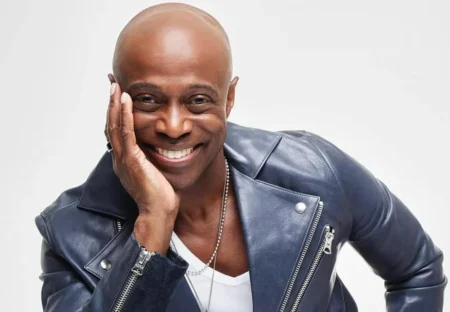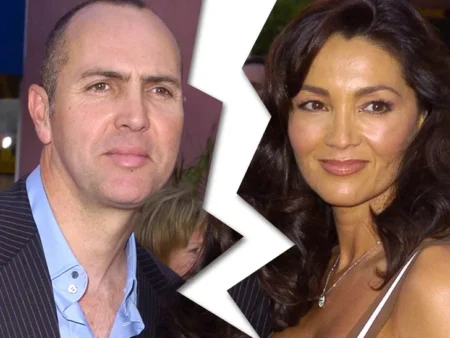In a bold move that could reshape the future of the numerous civil lawsuits he’s facing, Sean “Diddy” Combs, along with his legal team, is making a significant push to have one of the sexual assault lawsuits filed against him thrown out of court. This case, which could potentially affect dozens of similar lawsuits, involves a Jane Doe who claims she was sexually assaulted by the music mogul at a charity basketball game in 1991.
The heart of this legal battle centers on a key New York law – the Victims of Gender-Motivated Violence Protection Law (GMVA), which was enacted in December 2000. According to Diddy’s attorney, Mark Cuccaro, the critical date is 1991 – the year the alleged assault took place – and the current GMVA statutes, which have been modified in recent years, may not apply retroactively to incidents that occurred before the law’s passage.
The Battle Over the GMVA: What’s at Stake?
Diddy’s legal team is challenging the application of the GMVA in this case, arguing that the statute cannot be applied to incidents that happened prior to its passage. The law, which provides protections for victims of gender-motivated violence, was originally passed in December 2000, and its provisions didn’t exist at the time of the alleged assault in 1991. What makes this argument even more significant is the amendment passed in 2022 that extended the statute of limitations for claims under the GMVA from seven to nine years. This change allowed victims more time to file legal action, but crucially, Diddy’s attorneys argue it cannot apply to events that occurred long before the law’s existence.
The lawsuit in question, filed by the unnamed woman who claims to have been assaulted at the charity basketball event, was initially brought to light in December of 2022. However, according to Diddy’s attorneys, even with the extension of the statute of limitations, this specific case should not proceed because the law did not exist when the alleged assault occurred.
A High-Stakes Legal Battle
If Diddy’s legal team is successful in convincing the court that the GMVA cannot be retroactively applied, this could have wide-reaching consequences for all sexual assault cases involving events that took place before the law was established. Legal experts say that if a judge accepts Diddy’s argument, it could pave the way for the dismissal of many lawsuits filed under the GMVA for similar incidents that took place before 2000.
The January 2023 amendment in New York’s legal system has already sparked an increase in lawsuits, with numerous individuals filing claims against high-profile figures, including Diddy, in the months leading up to the deadline on February 28. These claims allege sexual assault and gender-motivated violence, with many dating back decades, to a time when the legal framework was far less protective of victims. The window for these claims has now closed, and while some lawsuits have been filed successfully, others face significant challenges in court.
The Legal Counterpoint: Victims’ Rights in Focus
However, Diddy’s legal maneuver is already facing stiff opposition. Tony Buzbee, a renowned attorney known for representing the Jane Doe in this case, is not backing down. Buzbee argues that the law overwhelmingly favors the victims in these cases. In an exclusive interview with TMZ, Buzbee dismissed Diddy’s argument as “dead wrong,” stressing that the legal precedent strongly supports the claims of victims who seek justice for incidents that occurred prior to 2000.
Buzbee’s firm represents numerous other clients who have filed lawsuits against Diddy, including high-profile allegations of sexual assault and misconduct. He emphasized that Diddy’s legal team is using a narrow interpretation of the law to undermine the victims’ rights to seek redress for their claims, despite the substantial weight of legal precedent that favors the survivors of sexual violence.
Buzbee went on to say that the case law in the U.S. strongly supports the rights of sexual assault victims, even when the assault occurred before the passage of specific laws protecting them. His argument suggests that the legal system should prioritize the voices of survivors, regardless of when the alleged assault occurred, as long as the survivors have come forward within the extended window for filing claims.
The Bigger Picture: A Pivotal Moment in Sexual Assault Lawsuits
As this case unfolds, many are watching closely to see how it could influence the dozens of other sexual assault and gender-motivated violence lawsuits Diddy is currently facing. His legal team is not only fighting to have this particular case dismissed, but they are also attempting to set a precedent that could limit the number of claims that may proceed under the GMVA and other similar statutes.
If Diddy’s argument succeeds in court, it could have far-reaching implications, potentially offering a loophole for other high-profile figures facing similar accusations. The outcome of this case could ultimately determine the future of many other lawsuits filed under New York’s gender-motivated violence laws, with plaintiffs potentially losing their opportunity for justice.
What’s Next for Diddy?
The legal strategy being employed by Diddy’s team is undoubtedly a high-risk maneuver. However, if successful, it could serve as a landmark moment in the legal landscape for sexual assault and gender-motivated violence lawsuits. Diddy’s legal team is hoping that the judge will agree with their interpretation of the law, and that they will be able to dismiss not just the 1991 case but possibly many others that were filed under similar claims.
However, for the victims who have come forward, this battle is about much more than a legal victory for Diddy. It is about seeking justice, being heard, and holding powerful figures accountable for their actions. As the case progresses, the debate over the application of the GMVA and the rights of survivors will continue to dominate headlines, with many awaiting the final ruling on the motion to dismiss and its potential to reshape future cases.
In the meantime, Diddy’s legal troubles are far from over. While this lawsuit may be just one of many he’s currently facing, its outcome could have ripple effects throughout the entertainment industry and beyond, signaling a pivotal moment in how the legal system addresses sexual assault and gender-motivated violence claims.
The decision on whether this motion will succeed could change the way these lawsuits are handled for years to come.








